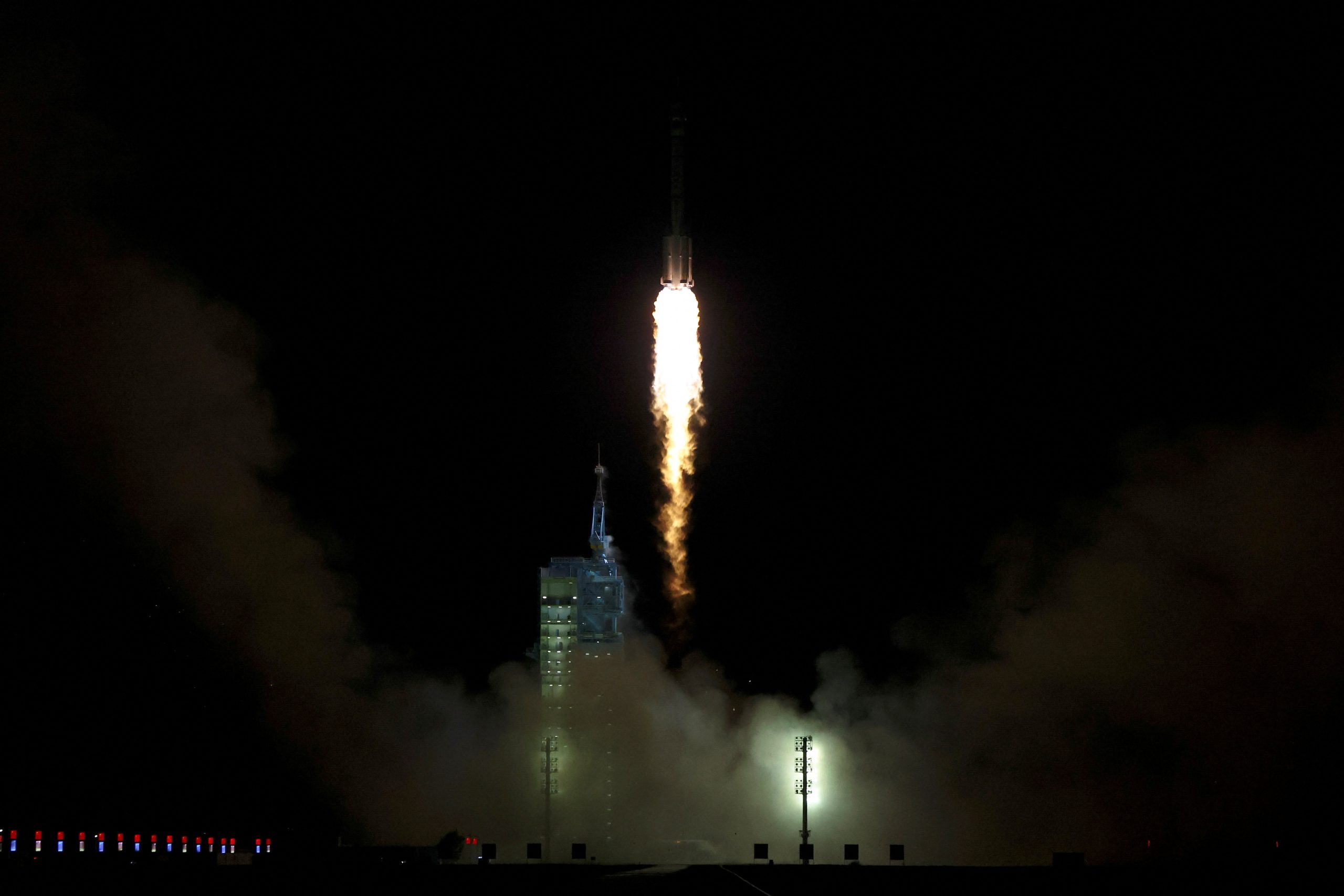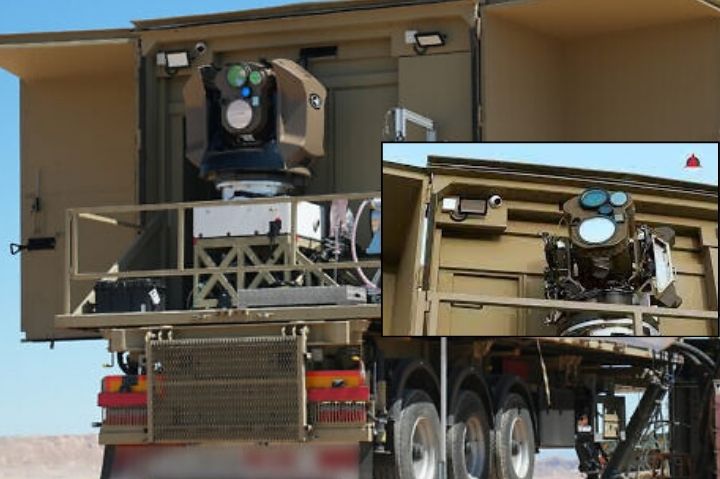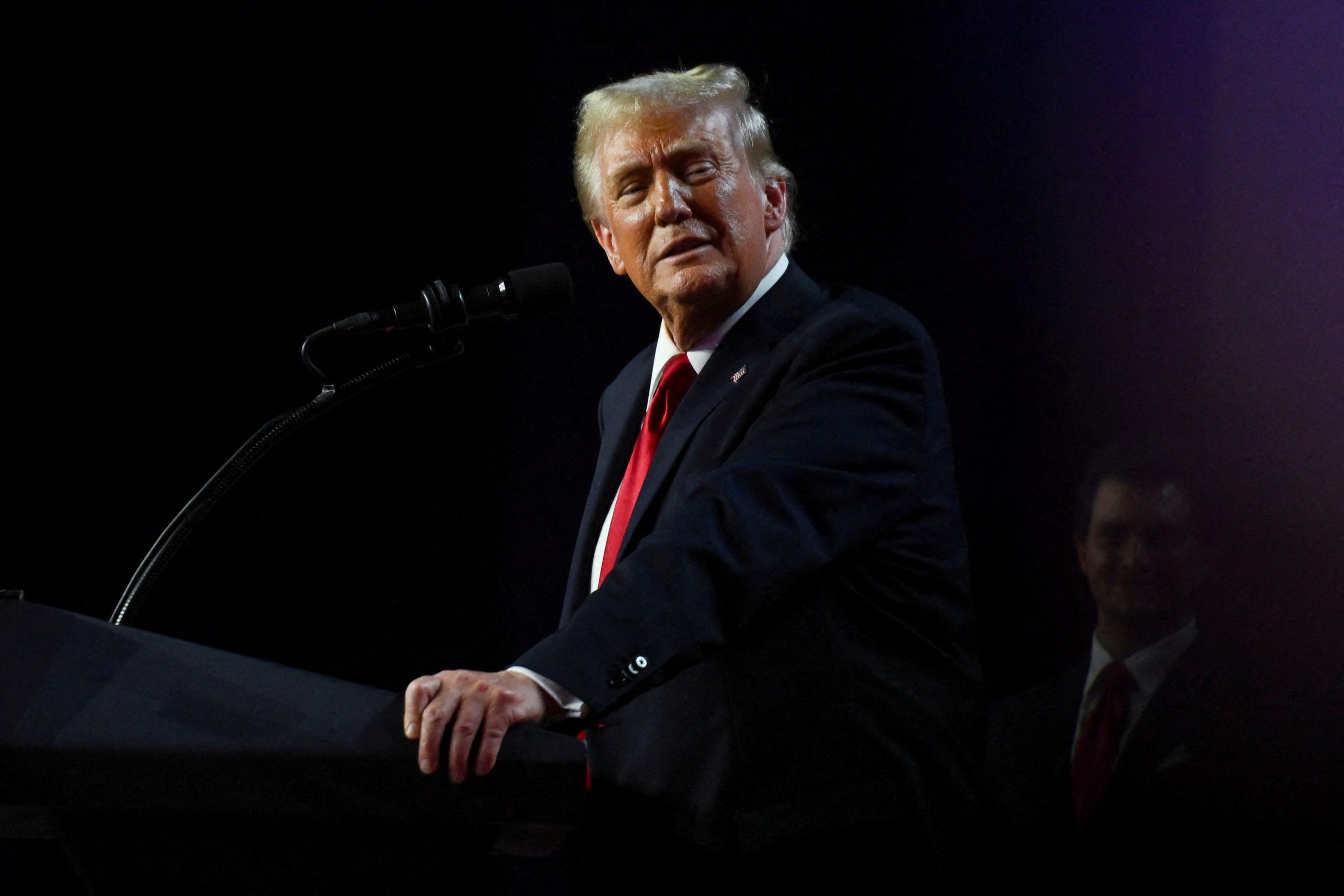“China’s space journey is unstoppable,” declared state media as the latest Chinese crew arrived at the Tiangong space station, marking yet another bold stride in Beijing’s determined pursuit to dominate space exploration. The Shenzhou-19 spacecraft carrying a crew of three, including seasoned astronaut Cai Xuzhe and newcomers Song Lingdong and Wang Haoze, docked early Wednesday morning, with the mission hailed as a “complete success” by China’s space agency.
The mission underscores China’s relentless drive to rival the United States and cement its influence beyond Earth. Following their exclusion from the International Space Station due to U.S. national security concerns, China built its own station, Tiangong, which has become a national symbol and a platform for scientific and technological prowess. This latest crew rotation will continue conducting complex experiments and carrying out essential upgrades on the station, which include installing protective equipment against space debris, a portion of which ironically originates from China’s own 2007 satellite destruction test.
China’s space program is reaching milestones faster than ever, placing rovers on the far side of the moon, landing explorers on Mars, and setting a bold timeline to put Chinese astronauts on the lunar surface before 2030. While NASA recently delayed its own lunar return, China remains firmly on track, planning not only moon missions but also a future lunar research station. As the U.S., Japan, and India bolster their space initiatives, Beijing’s achievements have made it clear that it intends to be a dominant force in humanity’s exploration of the cosmos.
Sources for this article include: The Associated Press, NASA reports, and statements from China’s space agency.














